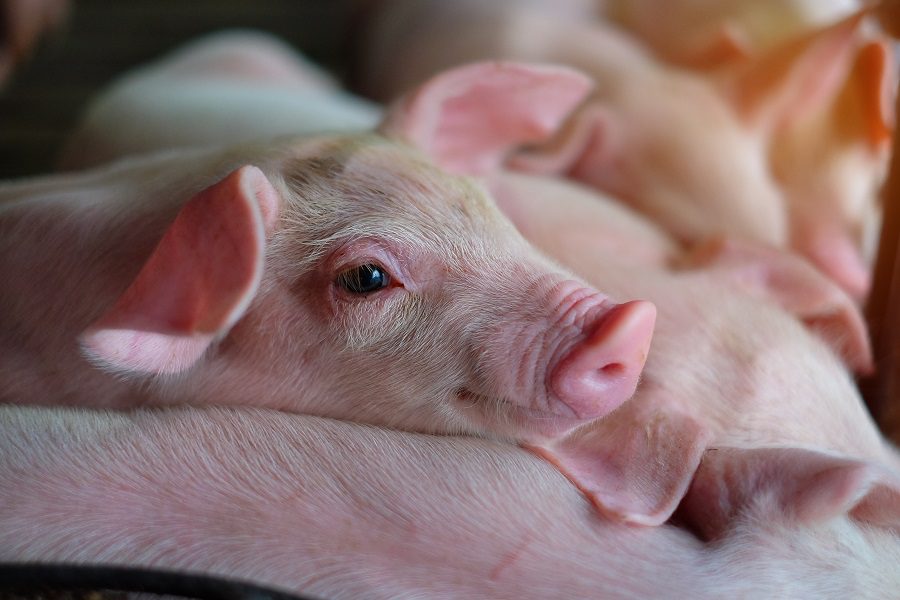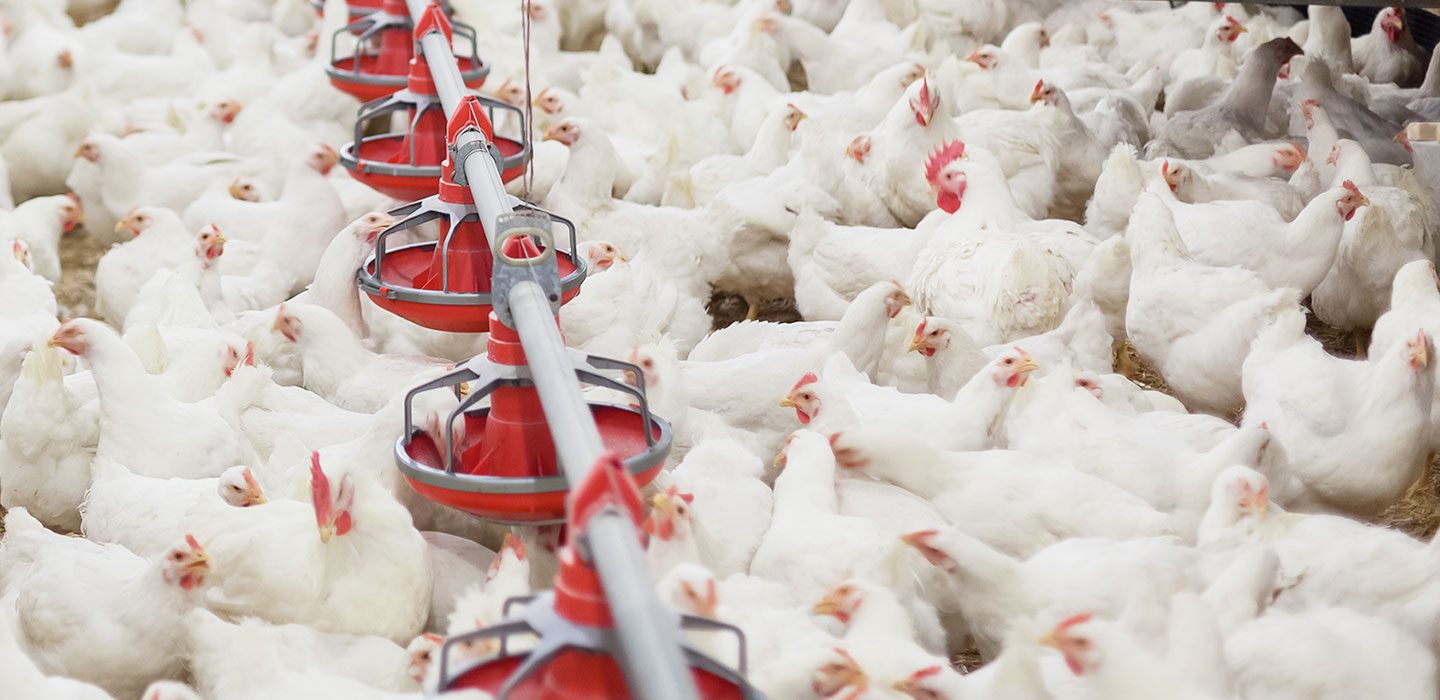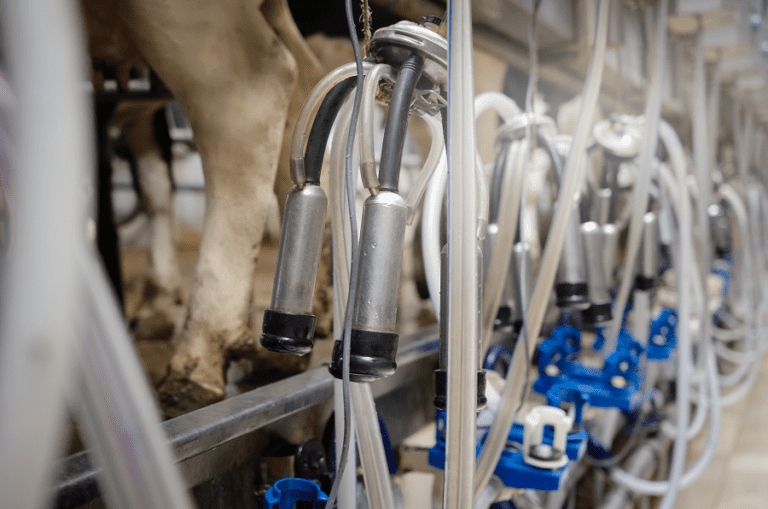Optimizing Piglet Gut Health for Lifetime Performance

Achieving optimal levels of pork production starts with the basics—sows delivering live piglets, increasing the number of piglets born per sow per year, and ensuring piglets survive the nursery stage and reach market weight on schedule.
The nursery stage is often challenging for swine producers, as it’s complex and there are many variables in nutrition, health, and management.
Piglet intestinal health is one area where swine producers should exercise caution, as in early growth stages, the gastrointestinal tract isn’t fully developed. Studies1 have reiterated the importance of establishing a balanced gut microbiota when piglets are still in the nursery because this sets the foundation for growth performance throughout the piglet’s life.
Establishing a Good Gut
Before birth, a piglet’s gut is basically germ-free, but after birth and weaning, an extremely dense microbial population grows, establishing a microbial community that the piglet will carry into maturity. This period of microbial population growth can be impacted by:
- In-feed antibiotics
- Feed additives
- Social and environmental stressors, including dietary changes
- Overall health status
The transition from highly digestible sow’s milk to a relatively less digestible cereal-based diet is physically challenging for the young pig’s undeveloped digestive system, offering a high risk of microbial instability. Ultimately, weaning instigates a transient decline in microbial diversity coupled with increased proliferation of pathogenic bacteria. Feed additives, such as organic acids, can support the balance of good gut microbiota in piglets. Organic acids are shown to help accomplish two tasks to support gut health2:
- Encourage enzyme production by reducing gastrointestinal pH
- Positively modulate gut microflora
Organic acids can cross a microbe’s lipid cell wall and, after gaining access to cells, the organic acid releases hydrogen ions that lower the pH inside the cell. Keeping a neutral pH inside a cell requires significant energy, and so lowering the pH typically results in cell death.
A study3 conducted by NOVUS found that feeding a protected organic acid blend including benzoic acid (PROVENIA® Feed Solution) increased piglets’ average daily growth by 4.5% and decreased the feed-to-gain ratio by 5.0%. E. coli levels were also reduced, and beneficial bacteria growth was encouraged. Trials4 where piglets were fed the protected organic acid blend showed lower incidence of diarrhea. Reducing diarrhea can result in higher profitability for swine operations thanks to fewer pharmaceutical interventions and lower piglet mortality.
To learn more about how protected organic acid blends can support piglet gut health, contact your nutritionist or a NOVUS representative today.

Intelligent Nutrition for Your Business
More science. More insight. More inspiration. More ways for you to feed the world.





